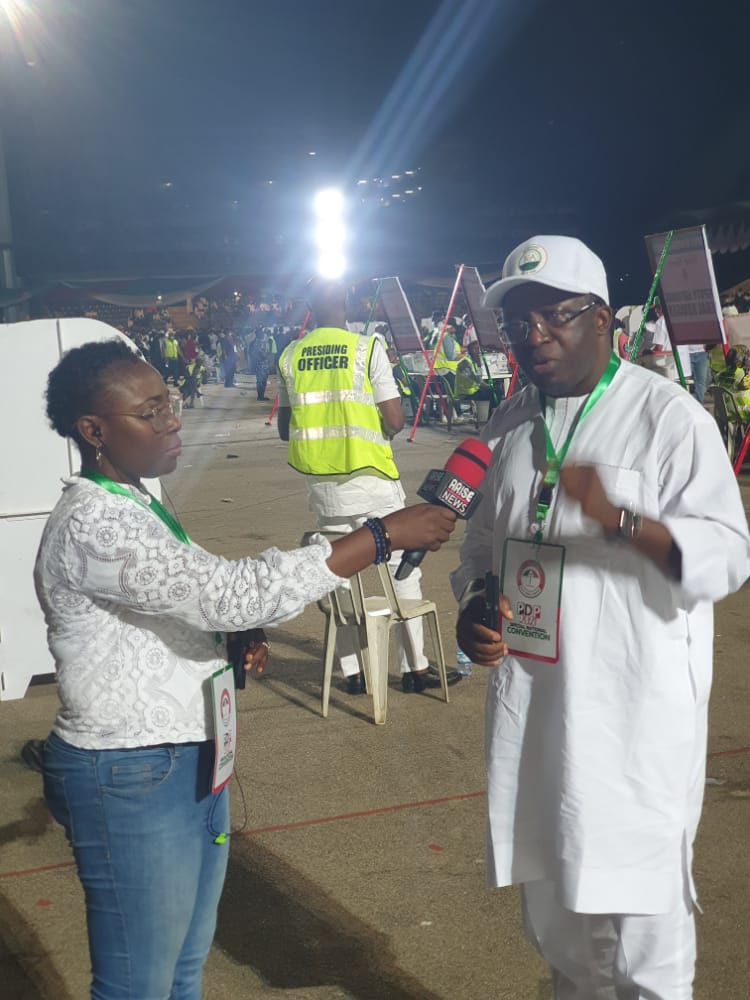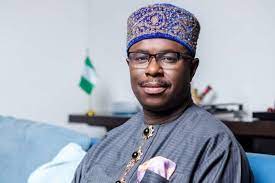Exactly 8 years ago the Power Sector was privatised and there was a Paradigm shift from Public Sector driven Business model to a supposedly Private sector-driven Business model. Taking a glossary look at the general performances of the Power Sector, the picture is fluid and toxic and there is little or nothing to celebrate.
Today, after the Distribution Companies manage to pay the salaries monthly of Staff, there is usually no other money to invest in the Improvement of the Network. Those who are supposed to supervise the prices are largely the ones competing for the contracts against the known and technically viable contractors. They compete by Proxies and 3rd Parties making no sense of the Procurement Bidding Processor jokingly, the process which is laughable is usually referred to as a Competitive Bidding.
Between 2013 to date, there are several success stories but the Sector is largely overshadowed by the NEGATIVE NARRATIVES.
Since 2013 several DisCoys claim that they don’t have the money to carry Customers Enumeration, Asset Enumeration and Enumeration of Customers Households, Properties and Landmarks using GPS and Remote Satellite for real-time Customers Data.
As we speak today, Nigeria doesn’t have accurate customers Data which is conservatively put at between 8 million – 12 million. Without Credible Data, it will be difficult to plan and be taken seriously. Tariff is usually tied to Customer’s Data, the more the Customer use in the fraction or Tariff Indicators, the lesser the Tariff.
Data is needed for Mass Meeting Roll out Value chain. Mass Metering Programme globally is usually driven by the funding with customers taking the lead. Particularly in a situation where there are fanciful, an uncommon higher degree of customers is willing to pay for Pre-Paid Meters.
This to an with all sincerity of purposes would have helped bring money out of the pockets of End users and with a Proviso and Refund of Customers Payments for Fixed Assets of the Utility Companies captured under Refund of Capital Expenditure (CAPEX) refund usually carried out by NERC.
The Indian Variants of Power Sector Privatisation exercise sold to Nigerians has intrinsically become worse than a Delta Variant of Novel Corona Virus. The Post Privatization bitter experiences of the End Users of Electricity in Nigeria have been reduced to a Scam of sort and it seems to the End Users that Nigerians have sold a DUMMY!!!
Electricity Consumers are forced or conscripted to pay for Purchases of Distribution Transformers, buy the Recycling Cable, buy Aluminium Conductors, D I Iron, buy Armoured Cable, buy Uprisers Cable, buy Incomes and Outcomers Cable, buy Feeder Pillars, buy Feeder Pillars Fuses, and other accessories, pay Electrical Contractors to carry Installation, pay through their nose to get the officials of the utility companies and government officials to approve the Diagnostic Reports, get the transformer soaked, tested, energised and then commission for use.
At the end of it all, the end-users don’t get a refund for their Investments at Downstream which runs into several billions of dollars Pre and Post Privatization era. Yet the Downstream Power Distribution Companies surreptitiously use the investment of Electricity Consumers in filing for CAPEX at the Nigerian Electricity Regulatory Commission.
The NERC ORDER on Procedure for Investment and Refund for such were wittingly crafted in favour of the Service Providers. The Service Providers in the part usually force the End Users under Duress and Undue Influence to enter an undertaking that Investment made by them were done as Charity and Donated as Voluntary Investment and Social Responsibility by end-users.
Investment by PMU World Bank, PMU JICA, PMU AfDB, and other PMU, intervention funds, investment by 36 States and 776 Local Government in Nigeria, investment by churches, mosques, religious bodies, investment by politicians, investment under constituency projects under different budgets subhead by the 3 tiers of government and 3 arms of government.
Investment by rural electrification agency in downstream, investment by National Integrated Power Project (NIPP)/Niger Delta Power Holding Company for the past 8 years, Nigerian Electricity Regulatory Commission have been saddled with the responsibility of providing a continuous evaluation of the Cost and Evaluation of Investment by 3rd Party in the Downstream and for 8 years and up till today and the nearest future NERC has found it convenient to put the faith of the process hanging in the balance, not progress and no intention to wrap up.
Implementation of Capping of Estimated Billing that was designed to instigate Investment in Metering and closure of the huge Metering gaps has been reduced to a Pain in the as for us as end-users estimated billing regime has remained an albatross and unending customers willing to pay for pre-paid meters. 500% increase in Revenue and Collections to the advantage of the service providers yet poor remittances due to lack of adherence to the NERC minimum remittance order, yet there are hugely manifested gaps in governance, lack of investment in the grid network and grid value chain, the decline in productivity and decline in services, lack of adequate growth in load allocation, load despatch, load utilization and increase in aggregate of technical, collection and commercial losses weak regulatory compliances and near-zero weak regulatory enforcement and regulatory subterfuge and regulatory inconsistencies.
Increase in government funding support for a supposedly privatised power sector unprecedented mainstreaming of liquidity challenges and cash crunch and cash strapped sector toxic regulatory ecosystem and total misalignments in policies direction and lots of extant but near-zero enforcement.
These are many more are the bitter truth conservatively captured in piecemeal being perceptions of end-users of electricity in Nigeria and our own definition of the ill-fated Privatization of the Power Sector and it’d unintended consequences.
Moving forward, the Federal Government of Nigeria should put in place the necessary machinery to commence an immediate review of the privatization exercise of the Nigerian Power Sector haphazardly packaged and wrongly delivered in the year on the 1st of November, the year 2013. That has foisted on Nigeria, a rent-seeking electricity market; shylock business model and repugnant to global indexes of competitive electricity markets/lack the requisite dictum of the global economy.
Kunle Kola OLUBIYO
President, Nigeria Consumer Protection Network,
Member, National Technical Investigative Panel on Power System Collapses, System Stability and Reliability (June 2013)
&
Member,
Presidential Ad-hoc Committee on Review of Electricity Tariff in Nigeria (August 2020)
House Number 7, Oyo Street,
By Abaji Close
Garki Area 1,
Section 1,
Garki Area 2, Abuja
Nigeria
+234 803 969 1474
+234 803 376 4383
Email address
olubiyokunle@gmail.com







